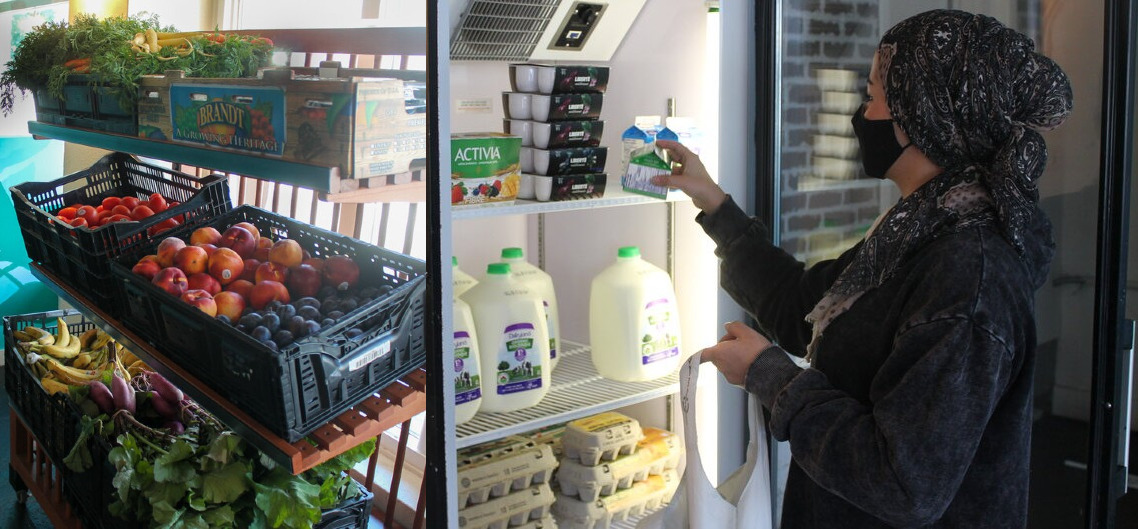In Vancouver, a new supermarket is opening specifically to get unwanted food and produce into the hands of people who need or want it, thereby sparing it from being dumped into the landfill.
The Food Stash Foundation’s “Rescued Food Market” is opening its doors on October 1st. Located on 340 West 2nd Avenue, for three hours every Friday, their surplus produce and food is available to anyone, whether they’re food insecure, looking to reduce their environmental impact, or simply need to cut down on grocery costs, on a “pay what you feel” rather than “what you can” basis, ensuring there’s as little moral impediment to getting the food out the door and onto dinner tables around Vancouver.
Shoppers are encouraged to bring their own bags, but if it slips one’s mind, they offer reusable totes at a limit of one per person.
And getting it out the door is both the major challenge and goal, as Food Stash Foundation’s executive Carla Pellegrini would explain to GNN, 58% of all food produced in Canada becomes waste. The UN reports household food waste in the Great White North is 20 kilograms more per capita than the United States, and rivals poorer nations that have limited access to refrigeration and have to deal with tropical heat and humidity.
“There’s food waste at every level [of the supply-chain], whether it’s over-ordering, cancelled orders, the shape of the produce isn’t meeting the customer expectations, or approaching best-before dates,” says Pellegrini, who took over the position of director last July.
MORE: New Plant-based Biodegradable Masks Close the Recycling Loop with Free Return of Used Ones
“I was really, really surprised by how much food waste there is, how much food insecurity there is in Vancouver.”
By any means necessary
The Food Stash Foundation collects food from wholesalers, grocers, and farms, and delivers it to other organizations that combat food waste and food insecurity. There was a time when all the unwanted food that was left would be put into boxes and delivered to food insecure families for a small price.
But hauling in 70,000 pounds of food per month meant they needed more ways to get rid of it, hence the Rescued Food Market.
“85% of that 70,000 pounds of food doesn’t even make it back to our warehouse, it goes right back out the same day with our drivers to other organizations,” says Pellegrini.
RELATED: Football Fans Can Now Eat Their Coffee Cups After They’re Done Sipping
“We even end up with surplus at the end of our weekly operations; after the organizations and the boxes, we still sometimes have surplus, so we’re interested in offloading that.”
Furthermore, a piece of B.C. legislation releases donators of the liability of risk posed by donating food that’s past a best-by date, and has encouraged more donations also of packaged food and not only produce.
Enormous amounts of CO2 are generated every year around the world from food decaying in landfills, and by rescuing it we’re not only saving money, we’re saving the planet.
RESCUE the Good News by Sharing This Story…





















Fantastic article, thank you. This makes you feel good from so many points of view.
I have been enjoying the GN lately it seems to be… more inspiring .